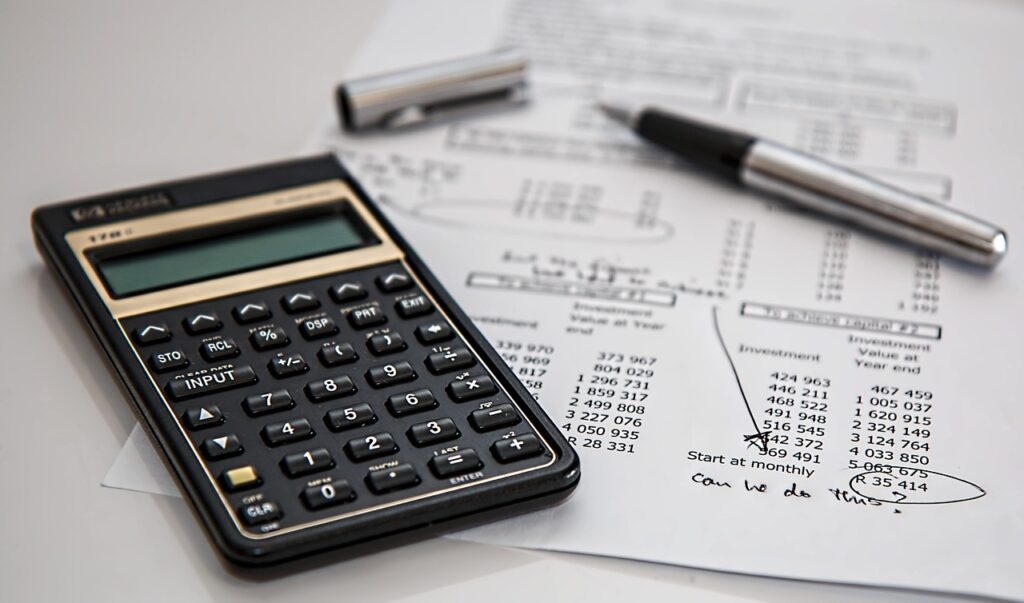
macro tracking hack… – 08/26/24

If you want to achieve fat loss and maintain it long-term, you might consider abandoning the “eat less and move more mindset”.
Here’s what I mean…
Just this morning, I received a message on Instagram that said:
“Hey Emma, I have a question about macros tracking for you. I used a free online calculator that allows me to set a time-framed goal for fat loss. I entered a 6 month 30 lb weight loss goal, and it suggested a 1600 calories diet with high protein. Does this sound right?”
This is a great question because it highlights key points I frequently discuss.
First, the goal of losing 30 lbs in 6 months is quite attainable. While results vary widely, most of my clients achieve 20-30 lbs in that timeframe.
The online calculator this individual used goes beyond the basics—it includes options for eating preferences, meal frequency, among others.
However, there’s a fundamental issue with relying solely on calculations to achieve your goals. The main problem is that it doesn’t account for metabolic adaptation to calorie deficits.
Let’s consider an example: Suppose someone weighs 190 lbs. After losing 10 lbs, the calculations may no longer be accurate. Adjusting the calorie intake as you progress is possible, but it still overlooks how your body adapts.
After more weight loss, you might find yourself having to constantly adjust downwards to fewer and fewer calories, potentially leading to metabolic slowdown and increased hunger.
This brings us to the dreaded plateau.
What’s the next step? Many would suggest cutting calories even further, but this often results in the same issues and another plateau.
Instead, my approach is to maintain a reasonable calorie intake for a limited period and then intermittently increase it. This strategy helps keep the metabolism active and the body feeling “safe,” avoiding the body fat overshooting that often follows prolonged low-calorie intake.
For the individual who contacted me, my advice was to prioritize your sleep, your protein intake, strength training, and eating high-quality food to prepare the body for sustainable fat loss.
We discussed monitoring sleep, stress, water intake, and daily movement to ensure she responds well to the changes.
The final piece of advice is to make the process enjoyable and sustainable, considering personal preferences for fun food, date nights, and social events.
This approach is consistent with Fit Habit Foundations, my 1:1 coaching program, where we closely monitor and adjust plans based on individual feedback.
If you’re interested in exploring my coaching program to finally achieve your goals without stress, feel free to DM me on instagram to see if we’re a good match.
Looking forward to helping you succeed with your health & fitness goals!
❤️ Coach Emma